Implementing Azure: Putting Modern DevOps to Use. Transform your software deployment process with Microsoft Azure Florian Klaffenbach, Oliver Michalski, Markus Klein, Mohamed Waly, Namit Tanasseri, Rahul Rai
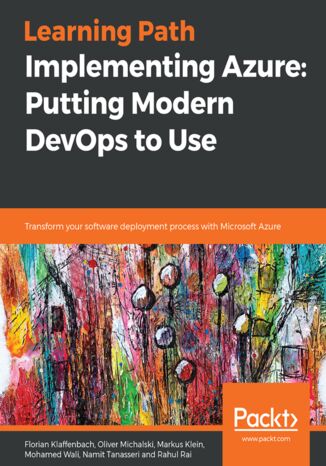

- Autorzy:
- Florian Klaffenbach, Oliver Michalski, Markus Klein, Mohamed Waly, Namit Tanasseri, Rahul Rai
- Wydawnictwo:
- Packt Publishing
- Ocena:
- Dostępne formaty:
-
PDFePubMobi
Opis
książki
:
Implementing Azure: Putting Modern DevOps to Use. Transform your software deployment process with Microsoft Azure
By the end of this Learning Path, you will be comfortable in using development, deployment, and maintenance processes to build robust cloud solutions on Azure.
This Learning Path includes content from the following Packt products:
• Learn Microsoft Azure by Mohamed Wali
• Implementing Azure Solutions - Second Edition by Florian Klaffenbach, Oliver Michalski, Markus Klein
• Microservices with Azure by Namit Tanasseri and Rahul Rai
Wybrane bestsellery
Florian Klaffenbach, Oliver Michalski, Markus Klein, Mohamed Waly, Namit Tanasseri, Rahul Rai - pozostałe książki
Packt Publishing - inne książki
Dzięki opcji "Druk na żądanie" do sprzedaży wracają tytuły Grupy Helion, które cieszyły sie dużym zainteresowaniem, a których nakład został wyprzedany.
Dla naszych Czytelników wydrukowaliśmy dodatkową pulę egzemplarzy w technice druku cyfrowego.
Co powinieneś wiedzieć o usłudze "Druk na żądanie":
- usługa obejmuje tylko widoczną poniżej listę tytułów, którą na bieżąco aktualizujemy;
- cena książki może być wyższa od początkowej ceny detalicznej, co jest spowodowane kosztami druku cyfrowego (wyższymi niż koszty tradycyjnego druku offsetowego). Obowiązująca cena jest zawsze podawana na stronie WWW książki;
- zawartość książki wraz z dodatkami (płyta CD, DVD) odpowiada jej pierwotnemu wydaniu i jest w pełni komplementarna;
- usługa nie obejmuje książek w kolorze.
Masz pytanie o konkretny tytuł? Napisz do nas: sklep@ebookpoint.pl
Książka drukowana




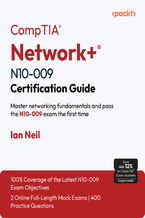

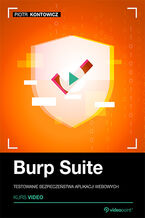

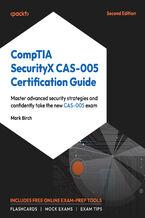


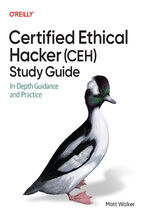

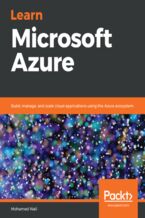
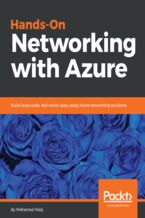
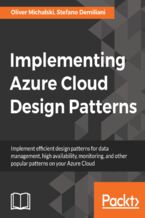
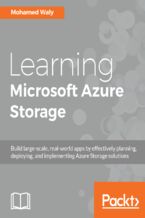
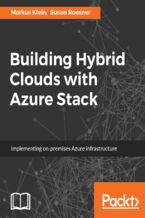
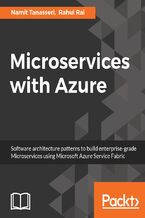
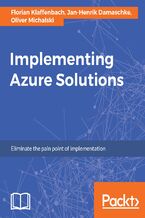
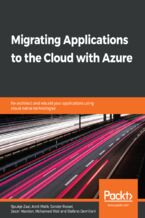






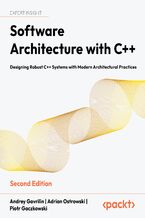
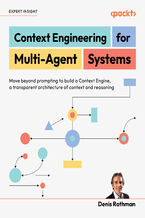

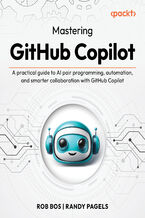
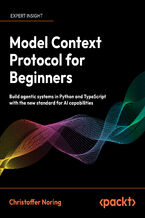
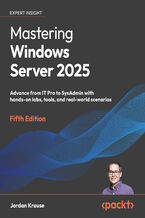


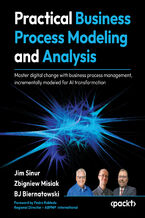
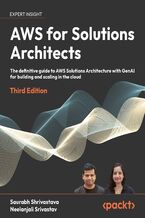
Oceny i opinie klientów: Implementing Azure: Putting Modern DevOps to Use. Transform your software deployment process with Microsoft Azure Florian Klaffenbach, Oliver Michalski, Markus Klein, Mohamed Waly, Namit Tanasseri, Rahul Rai
(0)